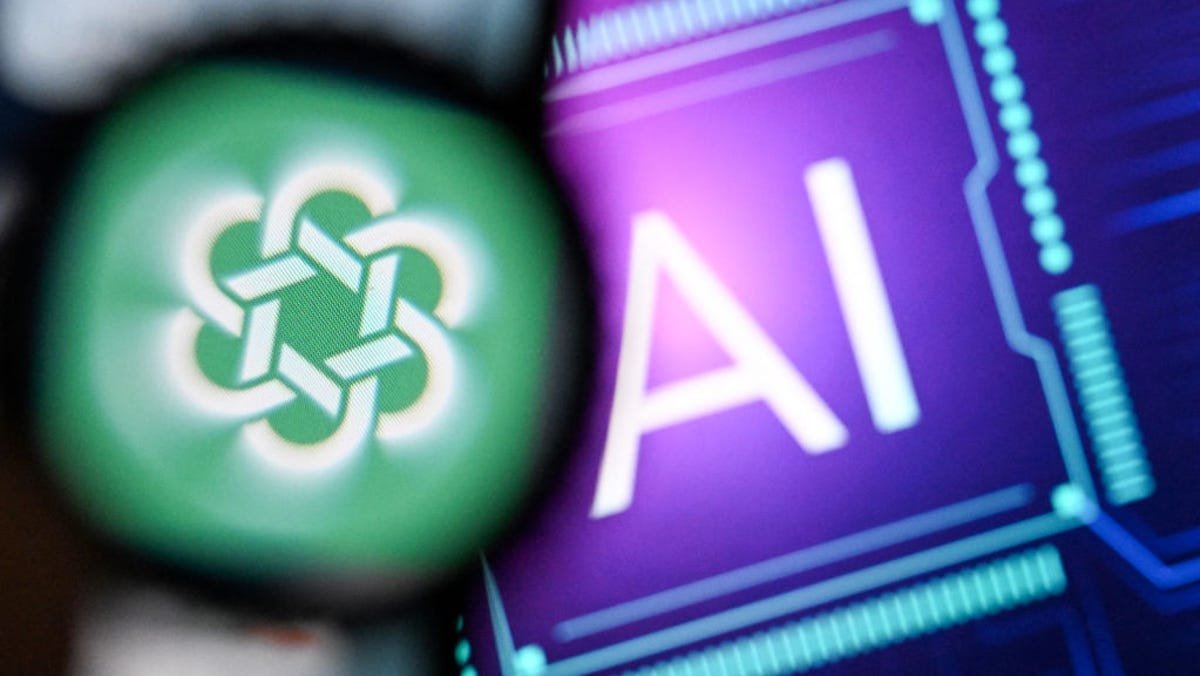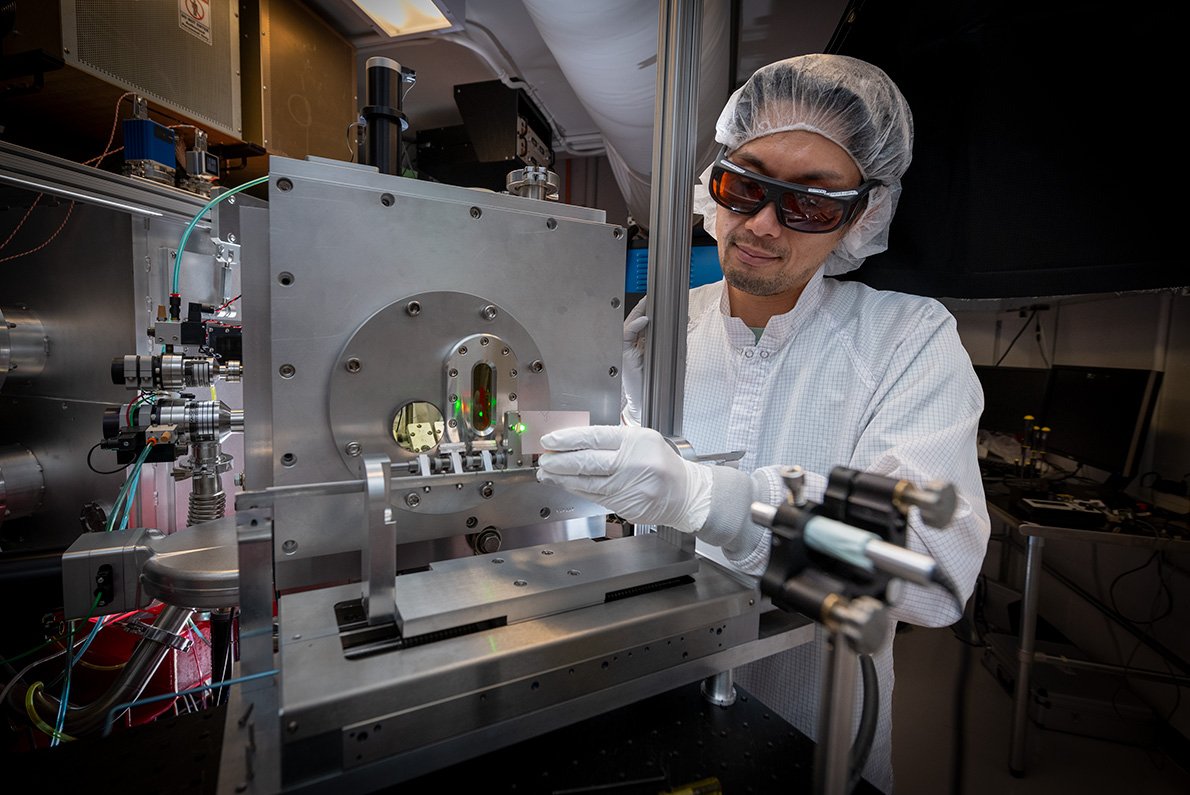AI Research
Meta just poached two more AI researchers from Apple

Just days after hiring Ruoming Pang, who had led Apple’s foundation model efforts, Meta is reuniting him with two former colleagues from Cupertino.
Engineers Mark Lee and Tom Gunter to reunite with their former boss from Cupertino
As reported by Bloomberg, Mark Lee and Tom Gunter, both key members of Apple’s Foundation Models (AFM) group, are joining Meta’s Superintelligence Labs team:
Lee was known as Pang’s first hire at Apple, while Gunter, who was a distinguished engineer at Apple, was regarded as one of the group’s most senior employees.
Lee had reportedly recently left Apple, and has already started at Meta. Meanwhile, Gunter departed last month, and briefly joined another AI startup before deciding to head to Menlo Park.
The new hires follow the high-profile departure of Ruoming Pang, the former head of large language models at Apple, who reportedly joined Meta on a compensation package worth more than $200 million over the next several years. At the time, Bloomberg reported that other senior members of Apple’s AI team could soon follow.
CEO Mark Zuckerberg recently declared that AI is Meta’s top priority, and these moves underscore just how aggressive its recruitment push has become.
The company had been steadily pulling top AI talent from direct competitors like OpenAI and Google, but now it appears to be capitalizing on Apple’s internal drama, as it still debates whether to stick with in-house models or adopt third-party options for Siri and other AI features.
Meanwhile, morale among Apple’s AI teams is reportedly slipping, as engineers feel scapegoated for the recent high-profile fumbles. Now, Meta appears to be seizing the moment to lure away disillusioned engineers before Apple can stabilize the situation.
AirPods deals on Amazon
FTC: We use income earning auto affiliate links. More.
AI Research
Angelo State launches new Artificial Intelligence Center of Excellence

Angelo State University has launched a new Artificial Intelligence Center of Excellence, according to a news release.
The goal of the new center is to integrate and infuse AI across every academic discipline and operational unit on campus. The AI-COE will be in The Nexus at Angelo State facility.
“Its development is supported by $5 million in non-formula funding recently approved by the Texas Legislature, to be split over the next two fiscal years,” the release stated.
The funding will allow the center to expand its auspices beyond just the Computer Science Department to initially also include Information Technology, the Innovation and Research Hub, and the College of Graduate Studies and Research.
“Eventually, it will involve faculty and staff from across campus, as well as local business owners and outside researchers, who are looking at potential uses of AI in many different areas,” the release stated.
The AI-COE will also serve as a collaborative hub for ASU students, faculty and staff across all academic disciplines where they will explore how AI can enhance learning, solve problems and drive economic development.
“Artificial intelligence is reshaping every aspect of our world — from how we learn and teach to how we work and live,” ASU President Ronnie Hawkins said. “Angelo State is committed to preparing our students, faculty and community to thrive in this new era with innovation, integrity and purpose.
“Our vision is to provide world-class instruction and equipment to lead West Texas in AI education and industry collaboration. But as we embrace the promise of AI, we must also proceed with caution and care. Ethics, transparency and community engagement will be the cornerstones of our approach.”
The university’s AI academic programs will also benefit from AI-COE development, officials said in the news release. ASU recently added new bachelor’s and master’s degrees in AI that can be completed 100% online, as well as an online certificate in AI policy and ethics. More details are available online at angelo.edu/computer-science.
“Much like AI itself, Angelo State’s AI-COE will also continuously evolve,” officials said in the release.
AI Research
The hidden cost of AI in research: AI’s role in limiting thought

Today, artificial intelligence has become a core element in research; it is now an inseparable component of the modern research process; ChatGPT has even become a co-author for many scholars. Despite the glamour with which the involvement of AI in research is portrayed, this involvement is not risk-free, since reliance on automated systems represents a threat to human intellectual abilities and skills, with long-term negative consequences for the human mind’s ability to seek deep knowledge and creativity.
The gradual increase in AI use in research may lead to the replacement of human intelligence with artificial intelligence in conducting research projects over time.
Relying on AI in research could gradually cause the next generation to lose awareness of all the stages and requirements of the scientific research process. When AI platforms automate every task needed for research, researchers won’t need to actively engage with the entire process; instead, they can simply ask AI to handle it. Thus, the risk for the next generation is a likely loss of our cognitive skills and memory over time. As AI takes on more components of the research process, it could decline in critical thinking and problem-solving abilities. The simplicity of the AI-powered research process, therefore, might lead to a new generation of researchers who are capable of delivering quick results but lack the intellectual depth, independence, and awareness needed to maintain meaningful research.
When researchers rely on AI’s automated responses, they risk becoming passive users and failing to develop analytical and questioning skills that high-quality research demands. Nor’ain Abdul Rashid states in his article: “Over-dependence on automation may undermine the reflective dimensions of the qualitative research process.” This highlights a key risk: research isn’t just about generating results but about understanding and thoughtfully engaging with the process, learning new insights from all its stages. It is also important to note that AI, which provides fake references and information, is likely to mislead researchers about the stages and components of research, leading to fake results.
If AI automates all research tasks that used to foster our intellectual growth, the human mind could become weaker, and research skills might gradually fade away. We are likely to lose those abilities and skills that differentiate us from all other creatures, including the angels, since we come to life with a purpose and a mission. Maintaining the essence of effective research requires human intellect and reflection to guide the process. The human mind should never be replaced by a machine; otherwise, research will lose its value.
Hajer al Balushi
The writer is a student of Sultan Qaboos University
AI Research
How AI and Automation are Speeding Up Science and Discovery – Berkeley Lab News Center

The Department of Energy’s Lawrence Berkeley National Laboratory (Berkeley Lab) is at the forefront of a global shift in how science gets done—one driven by artificial intelligence, automation, and powerful data systems. By integrating these tools, researchers are transforming the speed and scale of discovery across disciplines, from energy to materials science to particle physics.
This integrated approach is not just advancing research at Berkeley Lab—it’s strengthening the nation’s scientific enterprise. By pioneering AI-enabled discovery platforms and sharing them across the research community, Berkeley Lab is helping the U.S. compete in the global race for innovation, delivering the tools and insights needed to solve some of the world’s most pressing challenges.
From accelerating materials discovery to optimizing beamlines and more, here are four ways Berkeley Lab is using AI to make research faster, smarter, and more impactful.
Automating Discovery: AI and Robotics for Materials Innovation
At the heart of materials science is a time-consuming process: formulating, synthesizing, and testing thousands of potential compounds. AI is helping Berkeley Lab speed that up—dramatically.
A-Lab
At Berkeley Lab’s automated materials facility, A-Lab, AI algorithms propose new compounds, and robots prepare and test them. This tight loop between machine intelligence and automation drastically shortens the time it takes to validate materials for use in technologies like batteries and electronics.
Autobot
Exploratory tools like Autobot, a robotic system at the Molecular Foundry, are being used to investigate new materials for applications ranging from energy to quantum computing, making lab work faster and more flexible.
-

 Business6 days ago
Business6 days agoThe Guardian view on Trump and the Fed: independence is no substitute for accountability | Editorial
-
Tools & Platforms3 weeks ago
Building Trust in Military AI Starts with Opening the Black Box – War on the Rocks
-

 Ethics & Policy1 month ago
Ethics & Policy1 month agoSDAIA Supports Saudi Arabia’s Leadership in Shaping Global AI Ethics, Policy, and Research – وكالة الأنباء السعودية
-

 Events & Conferences4 months ago
Events & Conferences4 months agoJourney to 1000 models: Scaling Instagram’s recommendation system
-

 Jobs & Careers2 months ago
Jobs & Careers2 months agoMumbai-based Perplexity Alternative Has 60k+ Users Without Funding
-

 Education2 months ago
Education2 months agoVEX Robotics launches AI-powered classroom robotics system
-

 Funding & Business2 months ago
Funding & Business2 months agoKayak and Expedia race to build AI travel agents that turn social posts into itineraries
-

 Podcasts & Talks2 months ago
Podcasts & Talks2 months agoHappy 4th of July! 🎆 Made with Veo 3 in Gemini
-

 Podcasts & Talks2 months ago
Podcasts & Talks2 months agoOpenAI 🤝 @teamganassi
-

 Education2 months ago
Education2 months agoMacron says UK and France have duty to tackle illegal migration ‘with humanity, solidarity and firmness’ – UK politics live | Politics

